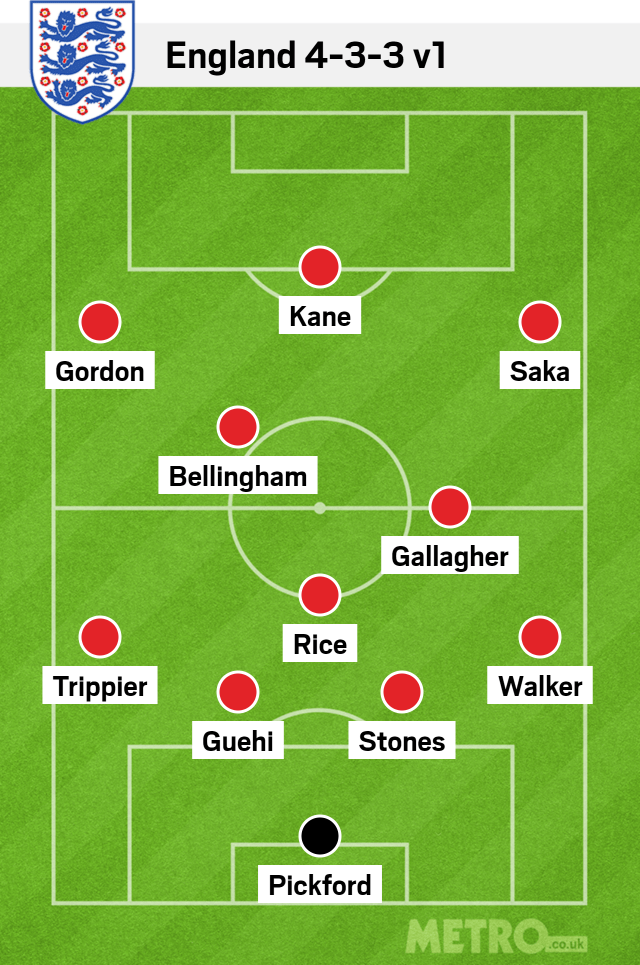
has urged to ‘sacrifice’ and Trent Alexander-Arnold for England’s final group game at .
and will now play Slovenia in their last match in Group C next Tuesday.
Southgate named an unchanged side for the game against Denmark but replaced Alexander-Arnold after just 54 minutes as England’s midfield struggled to get a foothold in the game.
Foden also endured another subdued match in an England shirt and Carragher believes the pair should now be dropped against Slovenia, with Conor Gallagher coming into midfield and Newcastle United winger Anthony Gordon starting on the left flank.
‘Unfortunately, two of the best Premier League footballers – Trent Alexander-Arnold and Phil Foden – will have to be sacrificed now. The team’s set-up is not getting the best from them, or their team-mates,’ Carragher wrote in his column for .

‘Introducing Alexander-Arnold into midfield in a major tournament was always a risk. It has not worked. It is a more physically demanding position than full back, and on the evidence so far Alexander-Arnold has more time and space to utilise his passing range when he is in the hybrid role.
‘Elsewhere in the side, nobody loves watching Foden more than me. But for England to come up with a system that works and complements everyone, he can’t operate in the starting XI with Jude Bellingham and Harry Kane if they are all trying to occupy the same space and positions.
‘Kane correctly remains one of the untouchables – a world-class striker. His best work for England is with two pacey wide men. I would like to see a 4-3-3 with Saka and Anthony Gordon either side of Kane.
‘In a 4-3-3, Jude Bellingham will drop deeper to assist Rice, and then it is a choice between the remaining midfielders. There are some suggesting Foden should stay in the side with Bellingham deeper. That wouldn’t change anything tactically.
‘It has to be a midfielder who will bring energy across the pitch like Conor Gallagher, Adam Wharton or Kobbie Mainoo. That’s not a negative move; it is an essential one.’
, . , and .
Chelsea news, exclusives and analysis




















